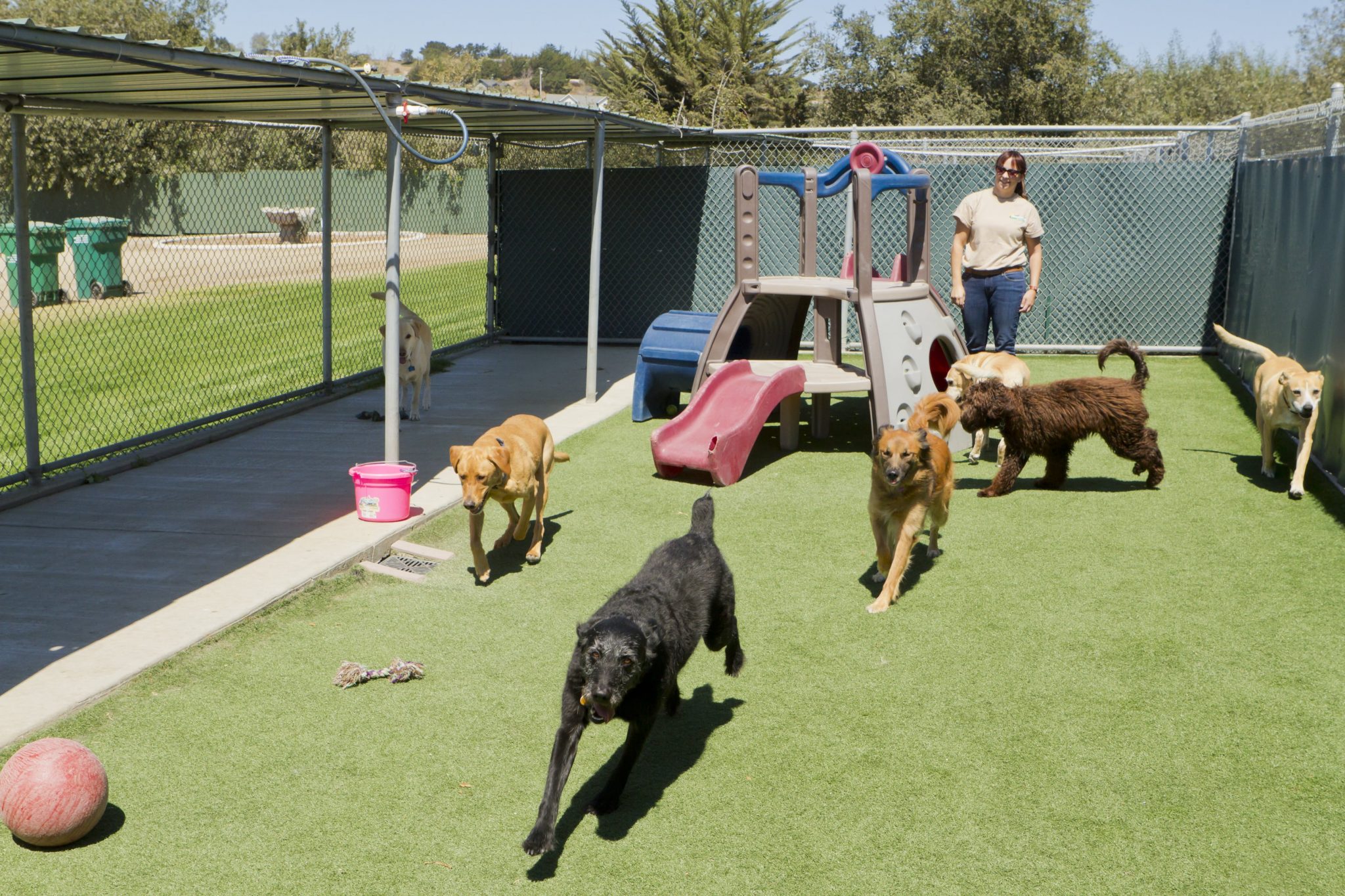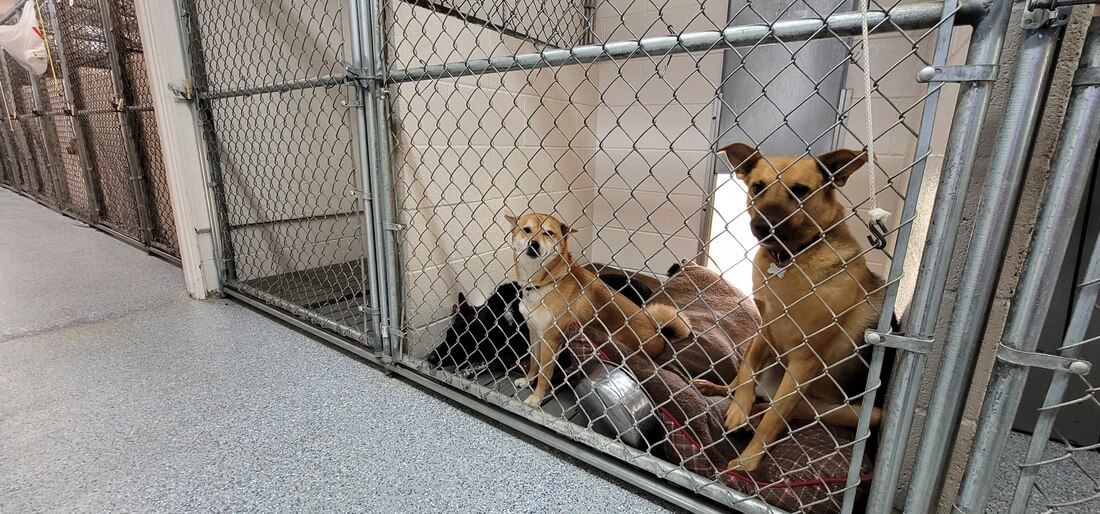Tamil Nadu Reinvents Pet Boarding , Stringent Standards Across the Board
With pet care services rapidly expanding, Tamil Nadu has introduced a comprehensive policy to regulate dog boarding homes, grooming centers, training academies, and even horse joyrides. This landmark move bans informal home setups for boarding, breeding, and sedation and lays out strict licencing, facility, and welfare guidelines to ensure humane treatment.
Dog Boarding Homes Face Strict New Standards
Under the upcoming policy from the Tamil Nadu Animal Welfare Board, all dog boarding homes must be officially registered and renew their licenses every two years. To operate legally, these facilities must comply with several requirements, including:
- Holding a Shops & Establishment certificate and commercial electricity connection
- Installing CCTV cameras with 45-day footage retention
- Maintaining detailed health and vaccination records for every boarded pet
- Allotted space of at least 36 sq ft per dog, with access to play areas and temperature-controlled shelters tailored for breeds like Huskies and Saint Bernards
- Keeping logs for food, medical care, adoption, and deaths, and performing safe fumigation every 15 days
- Ensuring veterinary care on call and having night-care staff on site
Additionally, grooming centers must employ certified groomers, maintain sanitation at stations, use temperature-controlled blowers, and prohibit harmful practices like tail docking, ear cropping, and sedation. Even dog trainers are subject to new rules: only positive reinforcement techniques are allowed, certified training is required, and shock or prong collars are banned. Owners must also offer video call access so clients can check on pets remotely.

Horses in Joyrides Finally Get Fair Treatment
The reforms also extend to horses used for joyrides such as ponies, mules, and donkeys following reports of 31 microchipped horses dying in Chennai last year. Under the forthcoming rules:
- Owners must register and license animals via local bodies and the Animal Welfare Board
- Mandatory requirements include health checks, vaccination, and microchipping
- Stable specifications include minimum dimensions, clean bedding, water, and weatherproof shelters
- Rides are restricted during the hottest hours (10 a.m. to 4 p.m.)
- Mandatory grooming, hoof trimming every six weeks, and body condition scoring
- Equines older than 20 years or in late pregnancy are prohibited from work
Owners found negligent may face permanent bans, public identification, and confiscation of animals, after which they’ll be offered alternative livelihoods through the Naan Muthalvan scheme. Also Read: Tragic Morning in Chennai Tech Circle as Employee Jumps Off Airport Bridge
Conclusion
By drawing on legal authority and ethical urgency, Tamil Nadu’s new policy addresses ongoing abuses in unchecked pet care and animal tourism. The regulations lay the groundwork for transparency, accountability, and compassion within dog boarding homes and beyond. The goal is clear: end exploitative practices and foster humane treatment for all our animal companions.

